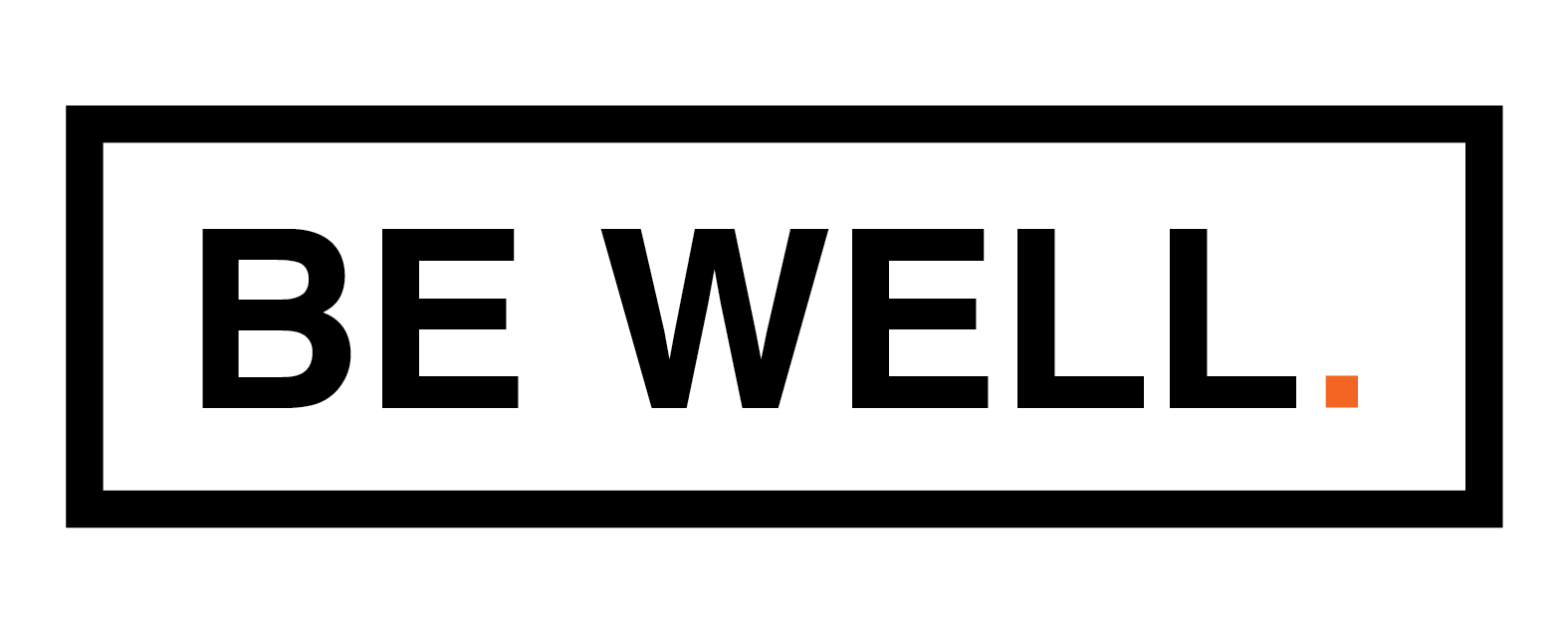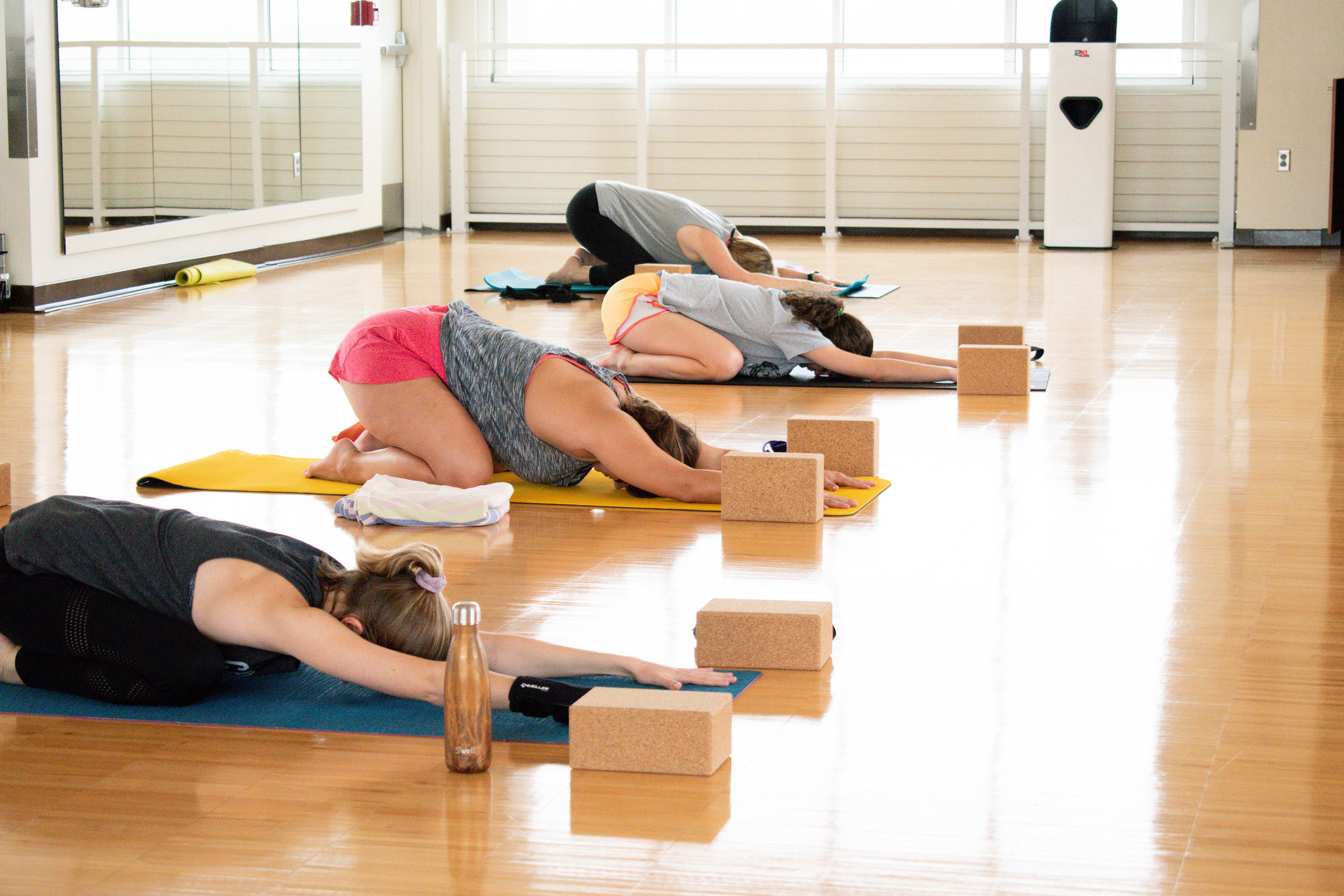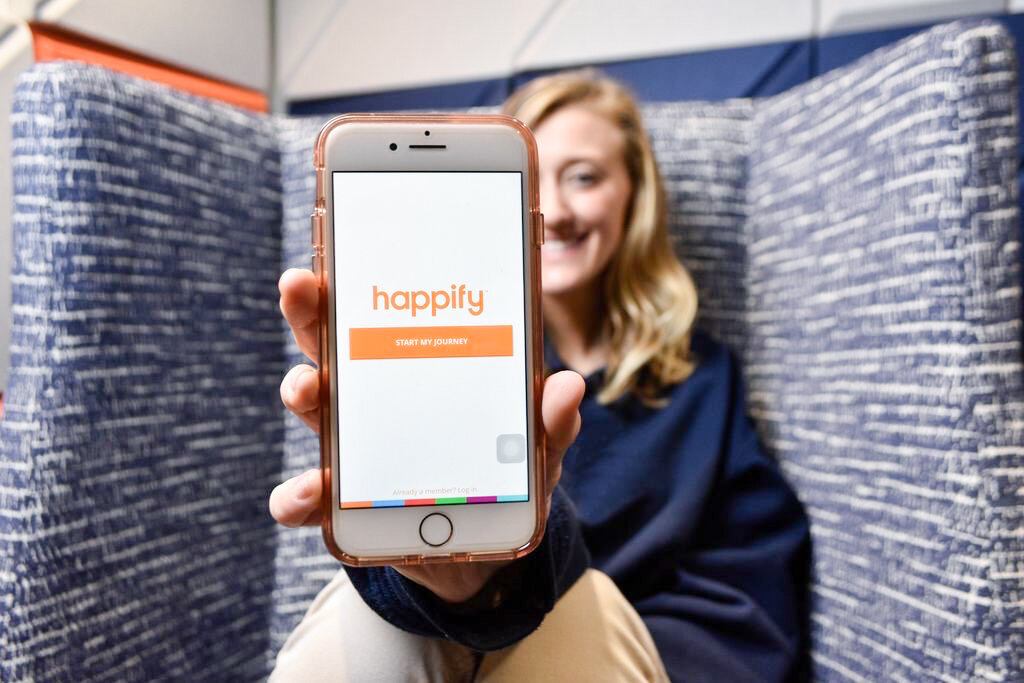OPTOmistic or Realistic: Do Blue Light Glasses Actually Work?

We stare at screens all day long. You’re reading this on a screen right now.
My life revolves around technology. Between school and work, I spend at least eight hours a day staring at a screen. Whether it’s reading emails on my laptop, scrolling through Instagram on my phone, binging “The Office” for the tenth time, or, (let’s be honest), all three at once, the amount of time I spend looking at screens leaves me with strained eyes and a headache.
I tried to come up with some solutions, and quickly decided cutting down screen time or going off the grid wouldn’t really fit into my current lifestyle… Enter blue light glasses. After hearing some rumors about a miracle product that provides better sleep, lessens fatigue, and reduces eye strain, I was intrigued. I did a quick Google search and discovered a world full of glasses with lenses specially designed to filter out blue light, the cause of a lot of my problems. I decided to hit up my trusty best friend, Amazon, to find a pair of my own and see if the hype was real.
(This is the part of the movie where someone says “Wait wait wait. What even is blue light?” So glad you asked.)
*Putting on my Bill Nye The Science Guy hat.* Basically, blue light is a short wavelength on the visible light spectrum. It produces higher amounts of energy and is known to be the cause of eyestrain, fatigue, and headaches after prolonged exposure. Blue light surrounds us on a daily basis, but the main problem is the excessive amount of artificial blue light we consume from the screens we stare at every day.
My experience
Boring stuff over. Now, the moment you’ve all been waiting for. Drumroll please…
The hype is indeed real.
Overall, I’ve had a very positive experience with my glasses. My eyes feel less strained and my sleep schedule has improved tremendously. I feel like they work very well and the number of migraines I get has decreased significantly. I don’t exactly know all the science behind them, but I do know that I saw a difference in my quality of life, and that’s good enough for me.
The only issue is that it can take a week or two to adjust if you’re someone who doesn't usually wear glasses. It took me a while to get used to having the frames in my peripheral vision because that’s something I haven't had to deal with before.
Picking your perfect pair
Whether you’re completely convinced or still a little skeptical, you should look into getting a pair of blue light glasses if your life revolves around looking at screens. When shopping around online, make sure you read through all of the reviews. There are a ton of affordable options online that will save you a lot of pain in the long run. Pro-tip: pictures are your best friends because they will give you a better idea of how big the glasses really are. The pair I got is slightly larger than I anticipated, but not so much so that I can't use them.
Here are some affordable options on Amazon that fit a range of personal styles, facial structures, and budgets:
Cyxus Blue Light Blocking Glasses, $16.90 (the pair I own)
TIJN Light Blocking Glasses, $16.99
ANRRI Blue Light Blocking Computer Glasses, $21.95
Happy shopping. Your eyes and head will thank you. Let us know if you decide to try blue light glasses for yourself in the comments below or on social, @AuburnCampusRec!
Be well, Auburn.
Photography: Zoe L.
Born and raised in Madison, Alabama, Anna is a junior majoring in graphic design and minoring in marketing. She hopes to pursue a career that satisfies her need to design and challenges her to constantly be creating new marketing strategies.
Anna is passionate about collecting vinyl, finding the best lavender latte, and going on late night drives with her best friend. If you can’t find her at the dog park, she is most likely whipping up a five-course meal for her closest friends.







